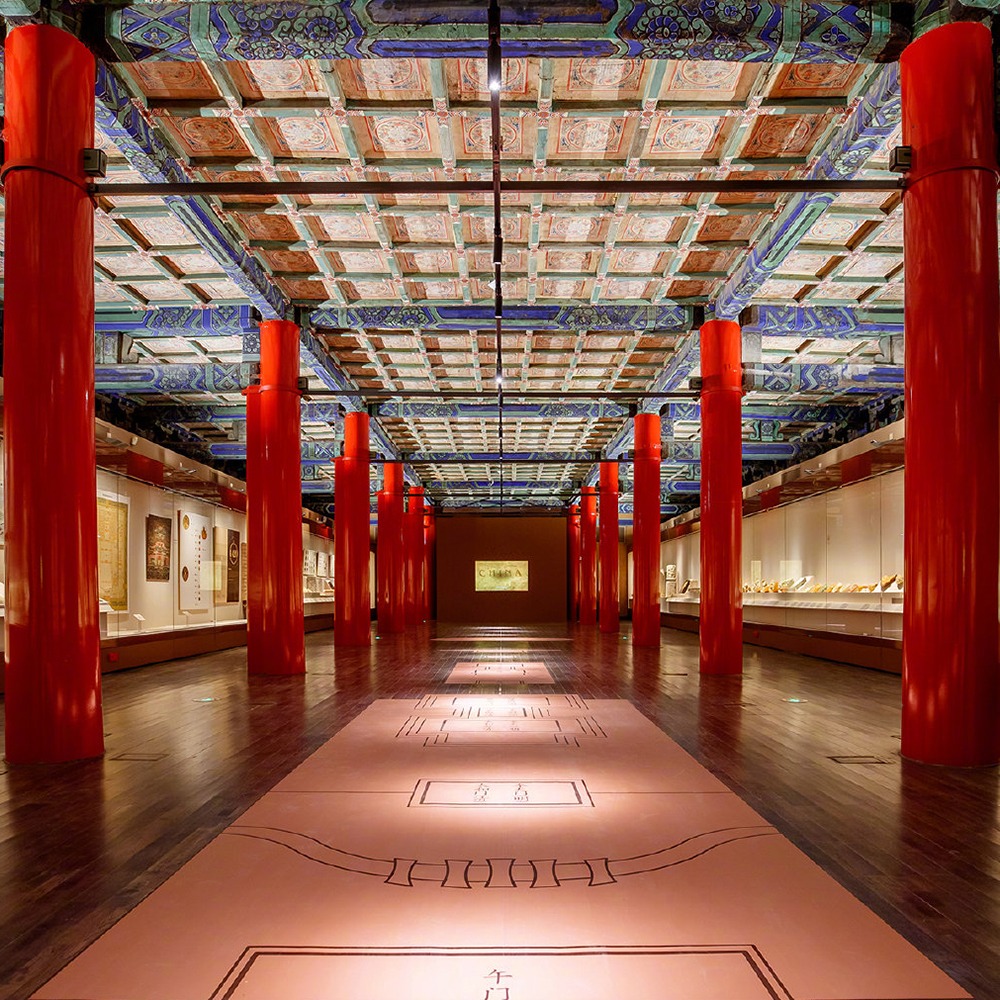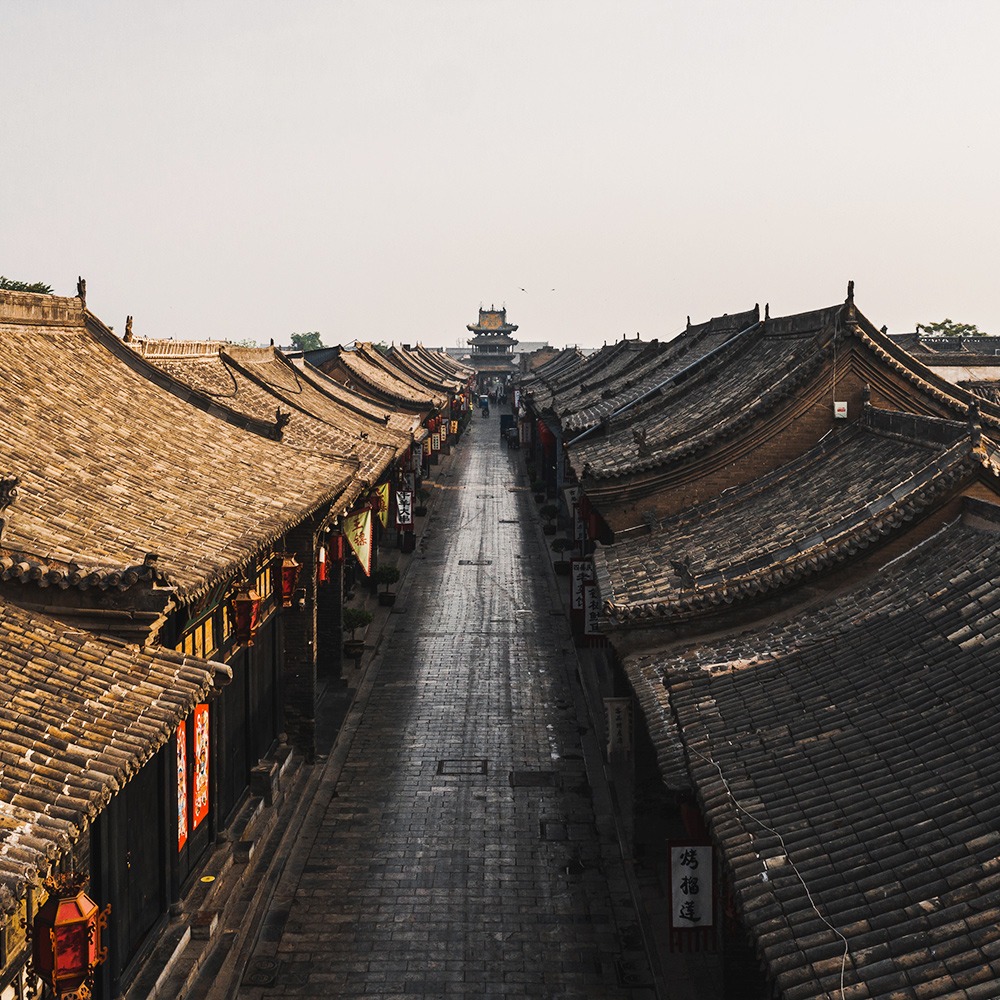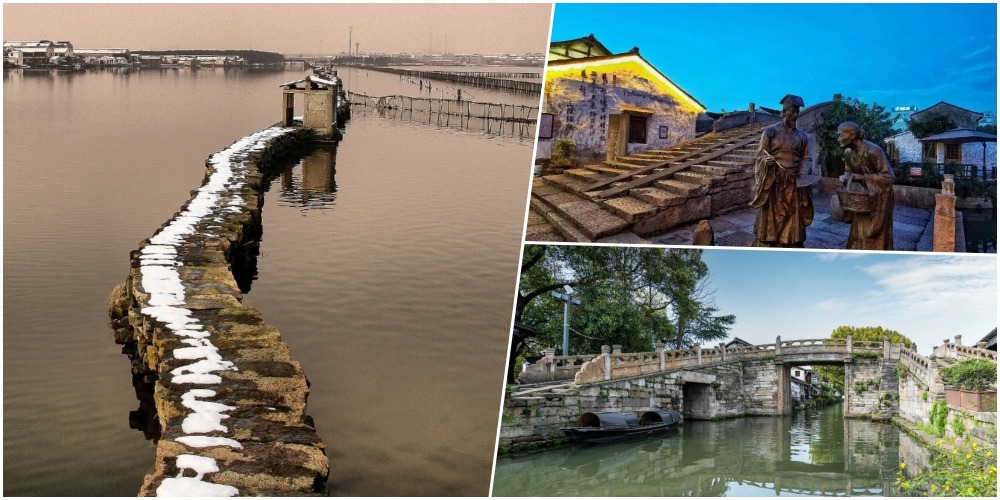Published : 2025-04-28
Nestled in the deep mountains of southwest China's Yunnan Province, county town of Yanjin, once a stronghold on the Silk Road, is the "narrowest" town across the country, with its narrowest point being less than 30 metres.
Why is it built within a canyon? Let's explore this mysterious town!
Narrowest part of Yanjin is only 30 metres wide
Yanjin County (鹽津縣城) is located in the canyon of the Wumeng Mountains (烏蒙山脈) of Zhaotong, Yunnan Province.
The terrain here is long and narrow, with steep mountain cliffs on both sides. The Guan River (關河) runs through the town, while houses and roads of the county town cling to the mountainsides, facing each other from east to west.
The narrowest part of the county town is only 30 metres wide, with the widest part merely about 300 metres.

The county town is home to over 300,000 people. Local residents indicate that although the town appears narrow, their living space is relatively spacious.
There is a main highway in the town and a special "subway" — the Yanjin No. 1 Tunnel of the Neikun Railway (內昆鐵路), which passes underground through the county town for over 1,800 metres.
The slow-moving green train goes through the tunnel, stopping at Yanjin North Station at the edge of the cliff.

This is the only train route in the area, with a pair of "slow trains" traveling between Zhaotong in Yunnan Province and Neijiang in Sichuan Province daily. The ticket prices are as cheap as taking a bus, making travel more convenient for local people.
Read more: Green trains as cheap as the "ding-ding" trams
Was Yanjin County once a stronghold on the Silk Road?
This little-known small town actually holds deep historical significance. Located at the junction of Sichuan and Yunnan, it was known as the "Gateway to Sichuan and Yunnan" in ancient times, and was once a key stronghold on the ancient Southern Silk Road.
Wuchi Road (五尺道) was first built over 2,000 years ago and is the oldest official road connecting Yunnan with the central China. There are over 300 metres of the road remaining, located in the Wuchi Road Scenic Area in Yanjin.

Many merchant ships carrying salt, copper, and tea once passed through the Guan River. The Chinese character "Jin" (津) in "Yanjin" (鹽津) means ferry crossing.

The Bashu culture and ancient Dian culture blend here, forming a uniquely distinctive local folklore.
Yanjin preserves numerous historical landmarks, including the Wuchi Road built during the Qin Dynasty (221 BC-207 BC), the ancient tomb clusters from the Western Han Dynasty (202 BC-25 AD), the Bo people's hanging coffins dating from the Song to Ming Dynasties, and the the formidable Dousha Pass—the first perilous gateway from Sichuan into Yunnan in ancient times.

However, Yanjin's complex terrain makes it prone to natural disasters in summer.
To avoid disasters and alleviate population pressure, a new county town, Shuitian New Area, was built on the west bank of the Guanhe River, about 3,000 metres north of the old town in 2015.
In recent years, the local government has progressively carried out redevelopment in the old town district. In 2022, structurally unsound buildings that were unfit for habitation were demolished and rebuilt to eliminate potential safety hazards.


















